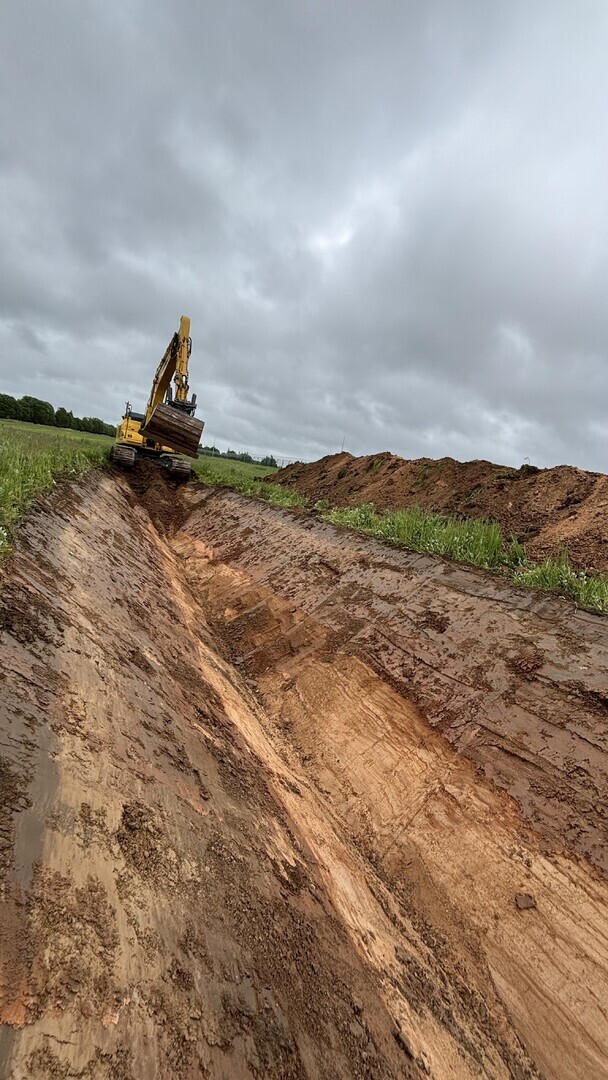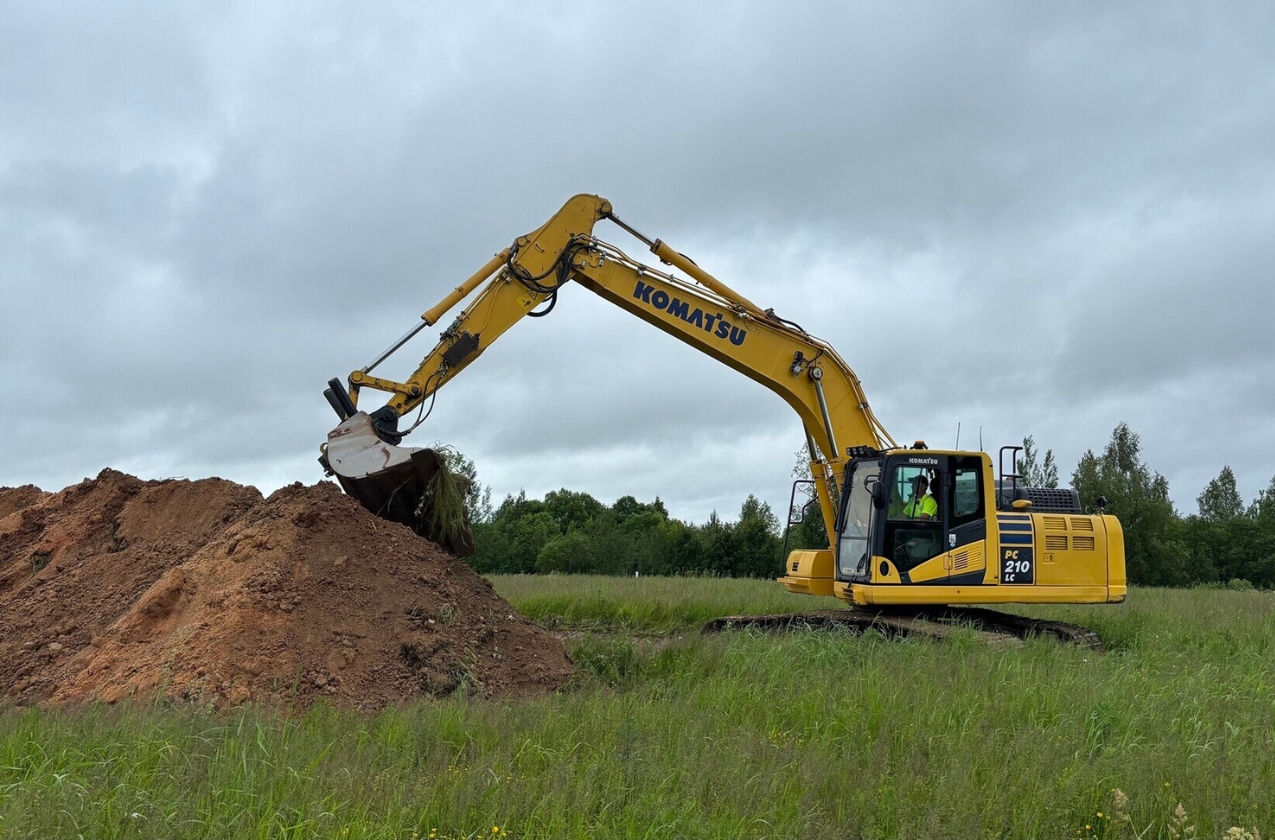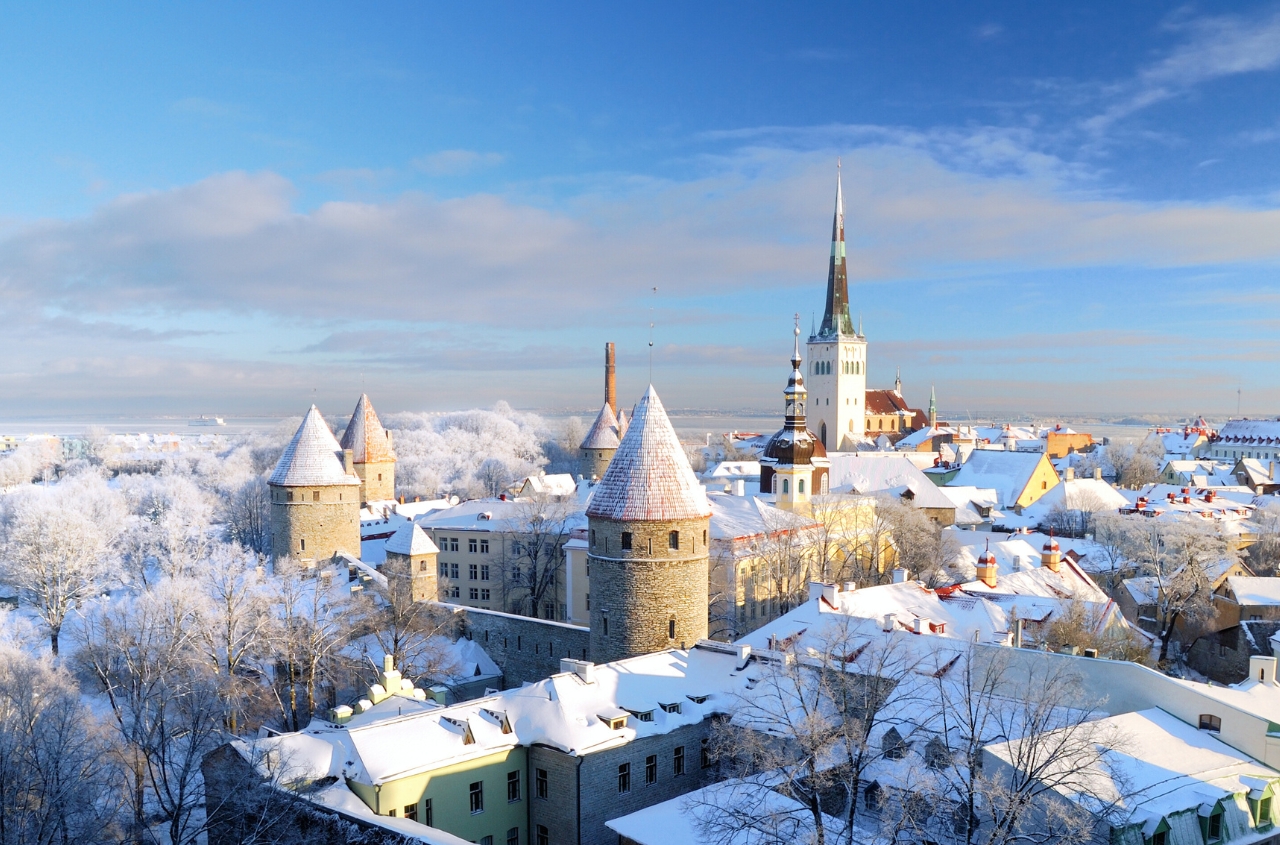Estonian authorities have begun construction on the first segment of the Baltic Defense Zone — a fortified line along the border with Russia, according to ERR.
By the fall of 2025, Estonia's Defense Forces, in collaboration with the National Centre for Defence Investments (RKIK), plan to build up to 28 bunkers, ten storage facilities, and up to four kilometers of anti-tank ditches. This was announced by Armin Siilivask, a representative of the Estonian Nuclear Energy Institute overseeing the project.
Currently, trenches are being dug on the border according to the needs of the Defense Forces. These trenches are four meters wide and two meters deep.
“An anti-tank ditch halts the enemy and slows down their advance. When they try to create a passage through it, they become an easy target for our weapons,” explained Lieutenant Colonel Ainar Afanasyev, commander of the engineering unit of the Estonian Defense Forces division.
This network of defensive structures will be part of the border infrastructure and contribute to border security during peacetime.
“It’s still a deep ditch. It gives us a delay and some time to react in case of a threat,” said Romet Niilus, head of the Piusa border post of the Estonian Police and Border Guard Board.
In 2024, Estonia’s Ministry of the Environment and Natural Resources will allocate €4.4 million for the development of the Baltic Defense Zone. It was previously reported that the entire fortification line along the Russian border will include 600 reinforced positions.
A representative of the Estonian Defense Forces noted that in building the bunkers — which must withstand hits from 152 mm shells — and firing positions, Estonia is incorporating lessons from the war in Ukraine, including the use of special netting and other protection against drones.
Tallinn has previously identified Russia as its primary military threat.
“Russia is and will remain the greatest threat to Estonia’s security. The war in Ukraine has diminished its offensive capability, but according to various assessments, it may recover it within two to three years,” emphasized Kaido Tiitus, an adviser to the Deputy Chancellor of the Estonian Ministry of Defense.






















